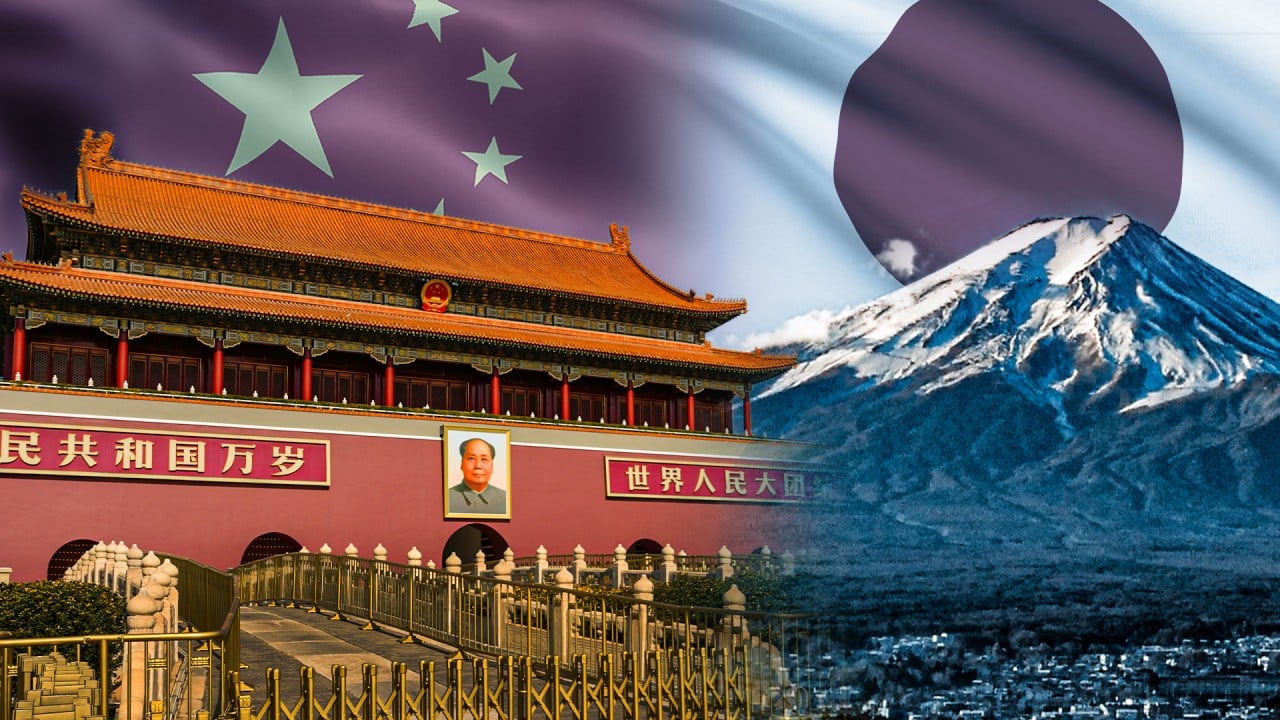Advertisement
Opinion | Why Asia is in denial over Trump’s threat and its own economic problems
Not only is China unwilling to admit the severity of its downturn, many Asian officials believe Trump’s tariff pledges are a bluff
Reading Time:3 minutes
Why you can trust SCMP
2

I saw nothing but denial in my recent post-US-election tour of Asia, with stops in Hong Kong, Shenzhen, Beijing and Singapore. Taking a cue from surging global equity markets, Asians are making every effort to wish away problems at home and abroad.
Nowhere is this more evident than in China. President Xi Jinping has long stressed his preference for the “good stories of China”. Amid the most serious Chinese economic slowdown since the 1970s, government attempts to put a positive spin on the country’s outlook have intensified.
An improvement in equity market sentiment – by October 8, the CSI 300 was 35 per cent above its low on September 13 – was the first talking point in all my discussions. Never mind that this rebound, which has since partly reversed, is purely the product of state intervention.
Equity markets are, of course, notorious for sending false signals. That is certainly true of bear markets. As Nobel laureate economist Paul Samuelson famously quipped, stock markets predicted “nine out of the last five [US] recessions”.
It was also the case with Japan’s infamous dead-cat bounces: the Nikkei 225 rallied four times by an average of 34 per cent on its way to a cumulative decline of 66 per cent between December 1989 and September 1998. Nevertheless, the Chinese are clinging to recent stock market gains as proof that the latest stimulus plan will prompt a robust economic recovery.
The Japan comparison hits a raw nerve in China. I had a particularly frustrating discussion with a senior Chinese regulator who admitted to being concerned about sharp declines in property and equity markets, the country’s mounting debt, the first whiffs of deflation, and headwinds arising from weak productivity and an ageing workforce. When I pointed out that these were classic characteristics of Japan’s balance sheet recession, the same official was quick to reject that possibility.
Advertisement

